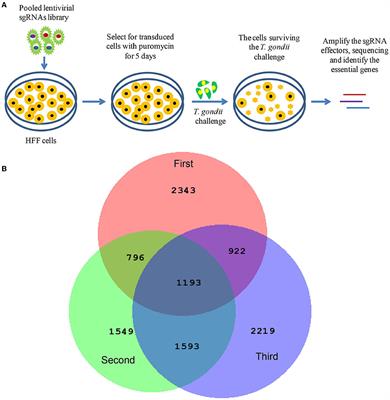MINI REVIEW
Published on 19 Oct 2020
The Most Frequently Used Sequencing Technologies and Assembly Methods in Different Time Segments of the Bacterial Surveillance and RefSeq Genome Databases

doi 10.3389/fcimb.2020.527102
- 22,079 views
- 41 citations
8,863
Total downloads
50k
Total views and downloads
You will be redirected to our submission process.
MINI REVIEW
Published on 19 Oct 2020

ORIGINAL RESEARCH
Published on 25 Sep 2020

ORIGINAL RESEARCH
Published on 25 Sep 2020

ORIGINAL RESEARCH
Published on 11 Aug 2020

ORIGINAL RESEARCH
Published on 18 Feb 2020

ORIGINAL RESEARCH
Published on 22 Jan 2020

